Life
-
 Neuroscience
NeuroscienceBrain scans give clues to how teens handle pandemic stress
A study that followed hundreds of teenagers during the COVID-19 pandemic may explain why some people succumb to stress while others are more resilient.
-
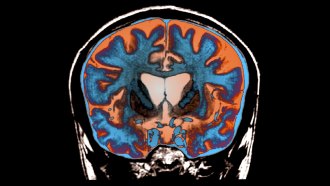 Health & Medicine
Health & MedicineWhy Huntington’s disease may take so long to develop
Repeated bits of the disease-causing gene pile up in some brain cells. New treatments could involve stopping the additions.
-
 Microbes
MicrobesEvolutionary virologist Daniel Blanco-Melo seeks out ancient pathogens
Daniel Blanco-Melo has reconstructed two viral strains brought to the Americas with European colonizers in the 16th century.
By Pratik Pawar -
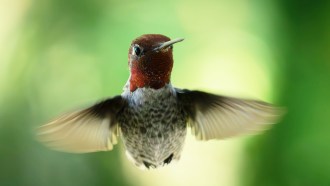 Animals
AnimalsHow hummingbirds fly through spaces too narrow for their wings
Using high-speed cameras, a new study reveals Anna’s hummingbirds turn sideways to shimmy through gaps half as wide as their wingspan.
-
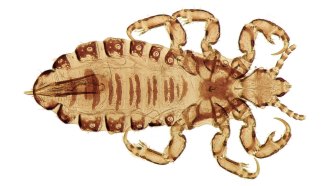 Life
LifeHead lice hitched a ride on humans to the Americas at least twice
The genes of head lice record the story of their human hosts’ global voyages.
By Jake Buehler -
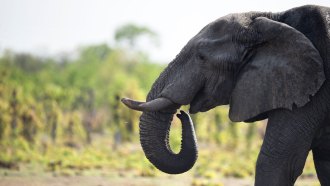 Animals
AnimalsThe mysterious deaths of dozens of Zimbabwe’s elephants has been solved
A bacterium never before identified in elephants or implicated in deadly internal hemorrhaging killed Zimbabwe elephants in 2020, genetic tests show.
-
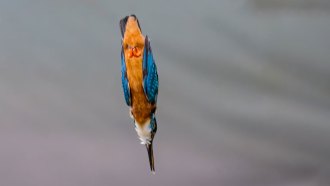 Animals
AnimalsHere’s how high-speed diving kingfishers may avoid concussions
Understanding the genetic adaptations that protect the birds’ brains when they dive for food might one day offer clues to protecting human brains.
-
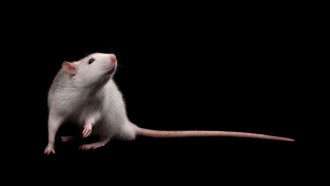 Neuroscience
NeuroscienceIn a Jedi-like feat, rats can move a digital object using just their brain
In a new study, rats could imagine their way through a 3-D virtual world, hinting at how brains can think about places that they’re not physically in.
-
 Physics
PhysicsHow neutron imaging uncovers hidden secrets of fossils and artifacts
The technique can complement X-ray scanning and other tools to uncover details of dinosaur fossils, mummies and more.
-
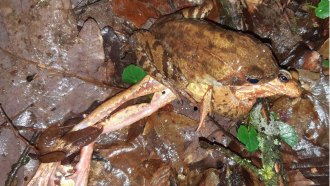 Life
LifeFaking death lets some female frogs slip the mating grip of a male
Suddenly looking dead, grunting like a guy or vigorously rotating can help female frogs survive mating balls in species with aggressively grabby males.
By Susan Milius -
 Plants
PlantsOn some Australian islands, sea level rise may be helping mangroves thrive
Rising seas usually spell trouble for mangroves. But the first survey of the Howick Islands in 50 years finds that mangroves there have expanded a lot.
-
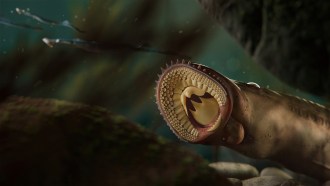 Paleontology
PaleontologyNewfound fossil species of lamprey were flesh eaters
In China, paleontologists have unearthed fossils of two surprisingly large lamprey species from the Jurassic Period.